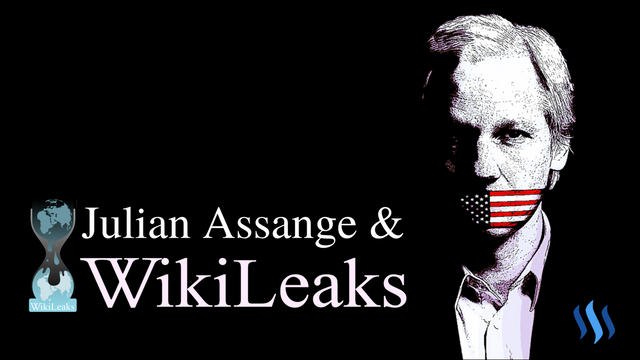

I believe that the truth is something that needs to be said as much as possible. From the most insignificant social interaction to global affairs, the truth can arguably be the only foundation for sustainability. I also believe there are some aspects of human nature that can only flourish in certain conditions like peace and truth. This is the main reason why I chose to talk about Jullian Assange and Wikileaks in this post.
Assange has a way of inciting mixed feelings in others, but his work and method speak for themselves. I mainly find him fascinating, but he strikes me as a person that is able to do almost anything to reach his goals, which can sometimes be a very destructive attitude. But I'm talking out of my ass because I never met the man.
Wikileaks is a literal truth machine that spawned from the same digital spirit as Bitcoin, which we will discuss later. For those that never heard of it, Wikileaks is an information submission platform that guarantees anonymity, being used by whistleblowers that submit secret information, news leaks or classified media.
Through this article, we will discuss Assange's background and what Wikileaks has achieved.

The Cypherpunk Movement
First and foremost, Assange is a cypherpunk. Wikipedia states: ”A cypherpunk is any activist advocating widespread use of strong cryptography and privacy-enhancing technologies as a route to social and political change.”
If it's the first time hearing about this movement, let me just list a couple of his colleagues: Jacob Appelbaum - known for his involvement in the Tor project, Bram Cohen - the inventor of BitTorrent, and most probably our very favorite cypherpunk, Satoshi Nakamoto - the inventor of Bitcoin. All these people are gatekeepers of liberty and privacy on the internet, providing humanity with much-needed tools for independence.
Assange is one of the leading voices of this movement since its beginnings and in 2012 he also released a book called - Cypherpunks: Freedom and the Future of the Internet. Here are some quotes from the book.
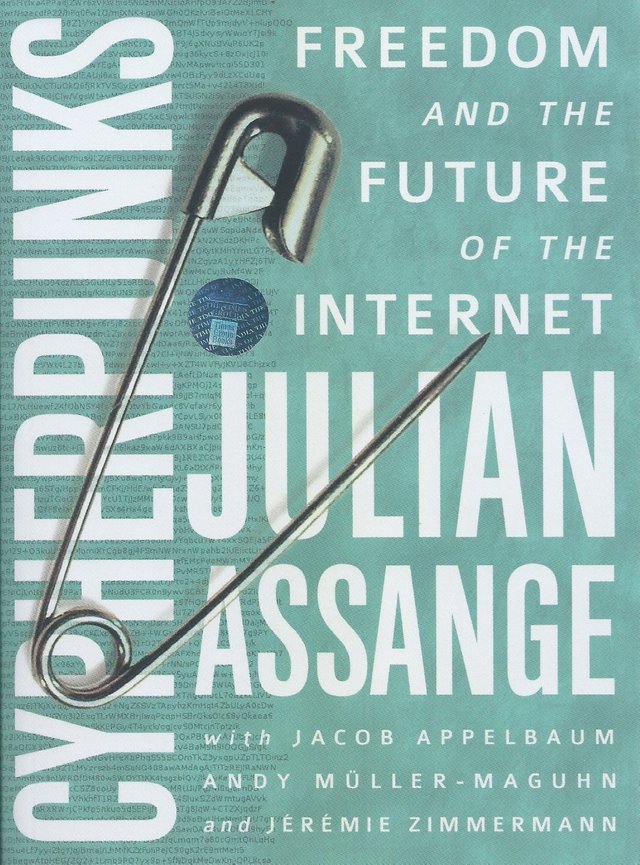

"A well-defined mathematical algorithm can encrypt something quickly, but to decrypt it would take billions of years–or trillions of dollars' worth of electricity to drive the computer. So cryptography is the essential building block of independence for organizations on the Internet.”
Fun fact: the concept of cryptocurrency was first stated in the cypherpunk mailing list in 1998, thus Wikileaks and Bitcoin share the same roots.

Assange's early life
Julian Assange was born in Australia on the 3rd of July 1971, as a child, he moved around a lot. By the time he was 16 he already started hacking under the name of Mendax while being part of a group called the International Subversives.
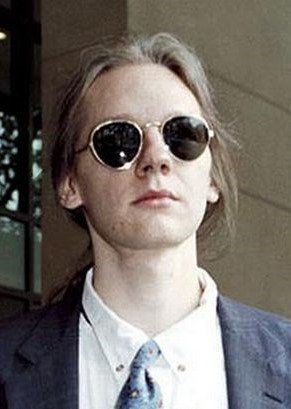

In 1991 he was caught and in 1993 he started using his computer skills for ”legit” business. He founded one of the first public internet services in Australia and late also co-founded a company called Earthmen Technology.
Although he registered the domain leaks.org in 1996, the real story starts in 2006 when he started wikileaks.org.

Wikileaks

Wikileaks is an independent news organization which deals with documents that were not meant for the public's eyes. Assange describes it as "a giant library of the world’s most persecuted documents. We give asylum to these documents, we analyze them, we promote them and we obtain more.”
Through the years there have been publications ranging from war logs that reflected the real crimes of war that occurred to the emails of the Democratic National Committee which most probably cost Hilary Clinton the presidency of the US, to the secret bible of Scientology, as well as the Guantanamo Bay torture procedures.
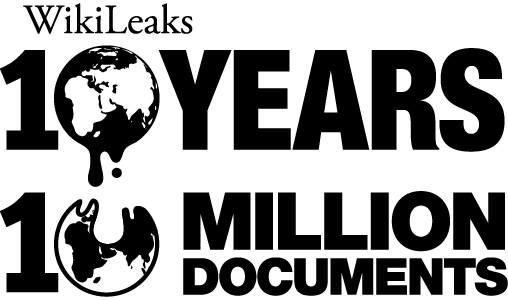

They became synonymous with protecting whistleblowers, to the point that Eduard Snowden called them for help in escaping the "authorities". Although Snowden did not publish anything through Wikileaks, Sarah Harrison was sent to assist. She was able to get him from Hong Kong to Russia, where after spending 40 days in the airport he was granted asylum.
Wikileaks also has partnerships with hundreds of media organizations and helps them find information relevant to them through the leeks. This puts them in a very interesting position because they always have information the is exclusive, the large media organizations want access to this exclusive information, but if they don't relay the information correctly, Wikileaks will terminate the partnership. So they also have a way of influencing and assuring a correct dissemination of leaks in mass media.

Jullian Assange and freedom, or lack thereof.
Assange has assumed a very public role in criticising the establishment and he has always projected himself as the image of Wikileaks. Needless to say, this attracted everything from admiration to death threats by drone strike.
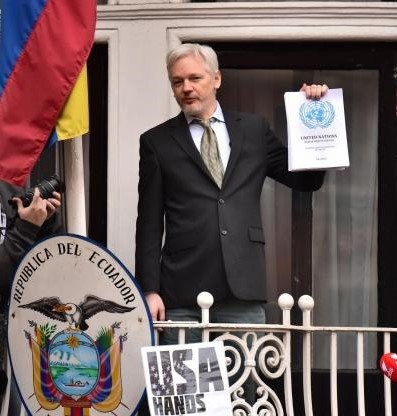
In 2016 a United Nations panel has found this to be arbitrary detention, which means "the arrest or detention of an individual in a case in which there is no likelihood or evidence that they committed a crime against legal statute, or in which there has been no proper due process of law(Wikipedia)".
Conclusion.
Julian Assange and Wikileaks serve as examples of prosocial behavior in our world. Their news releases serve as a looking glass into the reality of power structures because they deal with information that was not meant for the public to see. They are digital truth seekers with a global agenda!

Hey @lishu, gotta love Steemit! Still awesome platform and community and it's nice having great people contribute so we all benefit. Keep up the good work! Cheers!
Downvoting a post can decrease pending rewards and make it less visible. Common reasons:
Submit
Great article. I didn't know many details about the Cypherpunks, but you made me curious. The fact that nobody knows who Satoshi really is, makes it also interesting. I also agree about the prosocial behavior and I wish more people would actively pursue it. But I also think that making the world a better place would finally make more people interested in being prosocial.
Downvoting a post can decrease pending rewards and make it less visible. Common reasons:
Submit
Yep, it is very interesting that nobody knows who satoshi is, but we know that the cypherpunk movement is the birthplace of Cryptocurrency.
And until now I think we are the only two people that used the prosocial tag on steemit :)
Downvoting a post can decrease pending rewards and make it less visible. Common reasons:
Submit
Dear @lishu this is a comprehensive post on the most hidden information about an important personalty in the world of internet.Thanks .I got to read this post when I visited my friend @alexdory blog.He got it resteemed.
Downvoting a post can decrease pending rewards and make it less visible. Common reasons:
Submit
I try to talk about things that matter. I am really glad to hear you found it interesting.
Downvoting a post can decrease pending rewards and make it less visible. Common reasons:
Submit